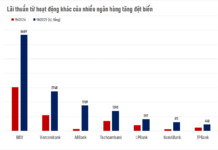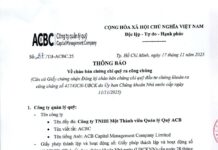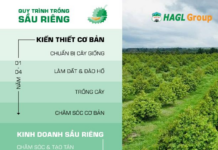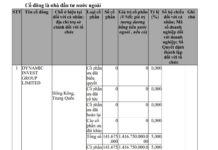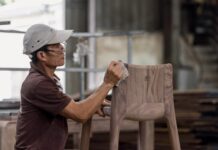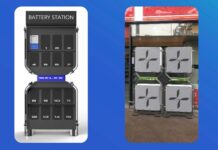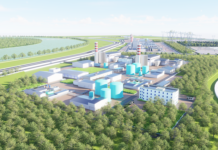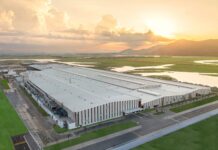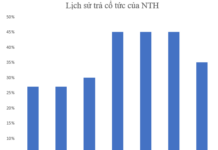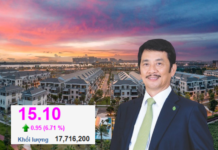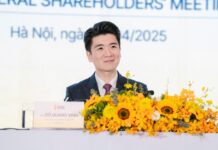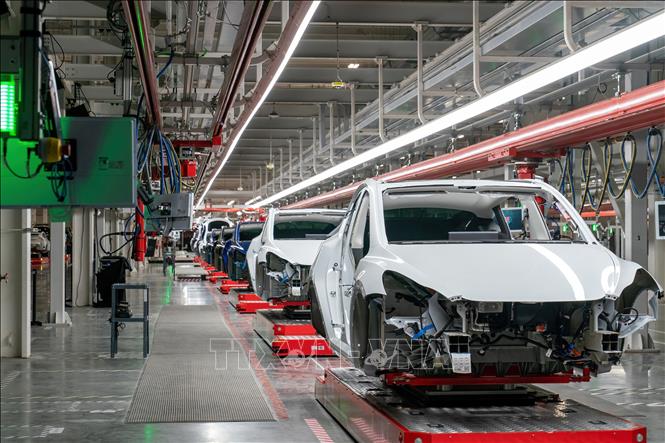
Mr. Patel highlights the rapid development of Southeast Asia, where the US electric car manufacturer faces competition from rival BYD (China).
Southeast Asia has emerged as one of the hottest electric vehicle markets in recent years and could bring Tesla a large customer base as demand in the US slows down.
Mr. Patel responded to a user’s post about the first delivery of the Model Y in Malaysia. Tesla also sells the Model 3 sedan in this country.
Last year, the Malaysian government granted Tesla a license to sell cars in the country, while also announcing that the US electric car company will establish a network of charging stations in Malaysia.
In addition, Tesla is currently negotiating to expand its operations in other countries, including Thailand, the largest automobile manufacturer and exporter in Southeast Asia.
Earlier this month, a Thai government official said that Tesla had discussed a potential manufacturing facility after conducting site surveys by the end of 2023.
However, Tesla’s ambitions in Southeast Asia will have to face competition from BYD, a company that has surpassed its competitors to capture over 25% of electric vehicle sales in the region.
Unlike Tesla’s direct-to-consumer approach, BYD collaborates with large local corporations. This allows the Chinese automaker to expand its reach, assess consumer preferences, and adapt to local government regulations.
According to Counterpoint, a Hong Kong-based analytics firm, in Q2 2023, BYD accounted for over 26% of total electric vehicle sales in the Southeast Asian market, while Tesla accounted for about 8%. The statistics show that in the same quarter, electric vehicles accounted for 6.4% of total passenger vehicle sales in Southeast Asia, up from 3.8% in the previous quarter.





